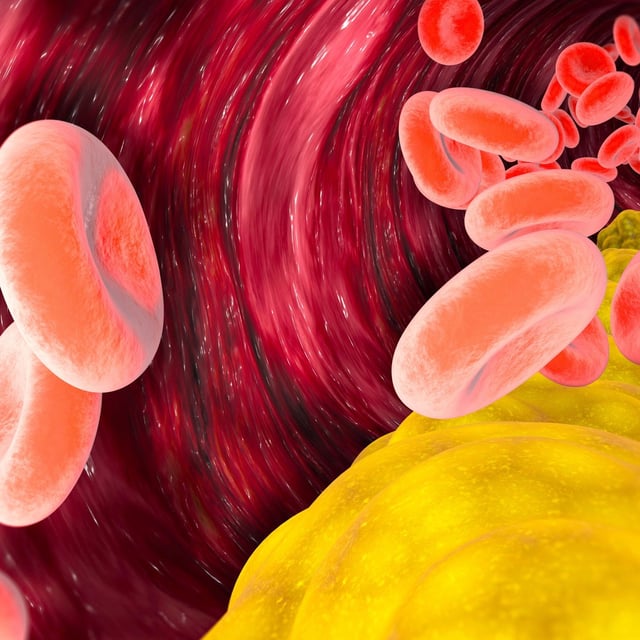Overview
- Cholesterol is vital for bodily functions, but high LDL cholesterol increases the risk of heart disease and stroke, often without noticeable symptoms.
- Recent findings confirm that dietary cholesterol has minimal impact on blood cholesterol levels compared to saturated and trans fats.
- Statins remain a highly effective treatment for high-risk individuals, particularly those with genetic conditions like familial hypercholesterolemia.
- Lifestyle changes, including reducing saturated fat intake, exercising, and avoiding smoking and alcohol, can significantly improve cholesterol levels.
- Aging, hormonal changes, and metabolic conditions such as obesity and diabetes are key factors influencing cholesterol levels, underscoring the need for regular health screenings.


